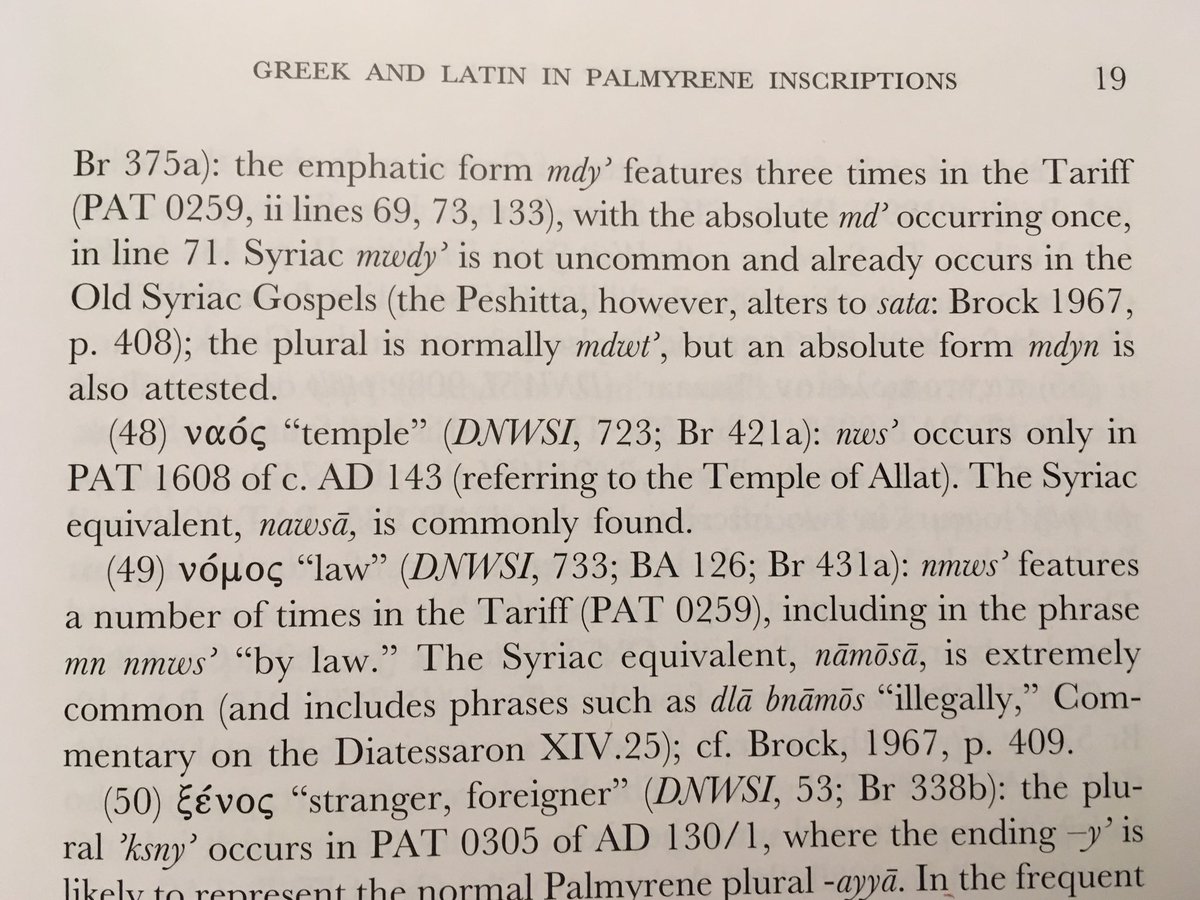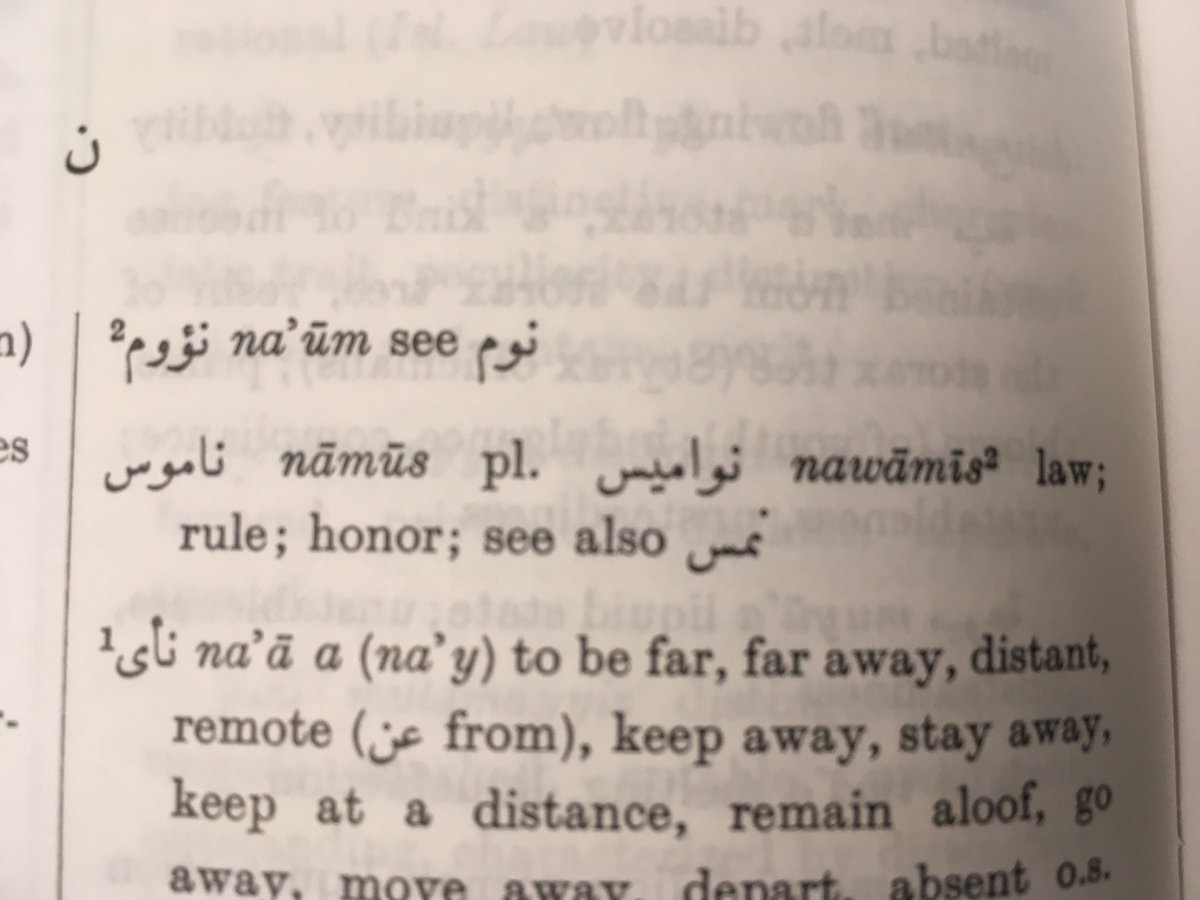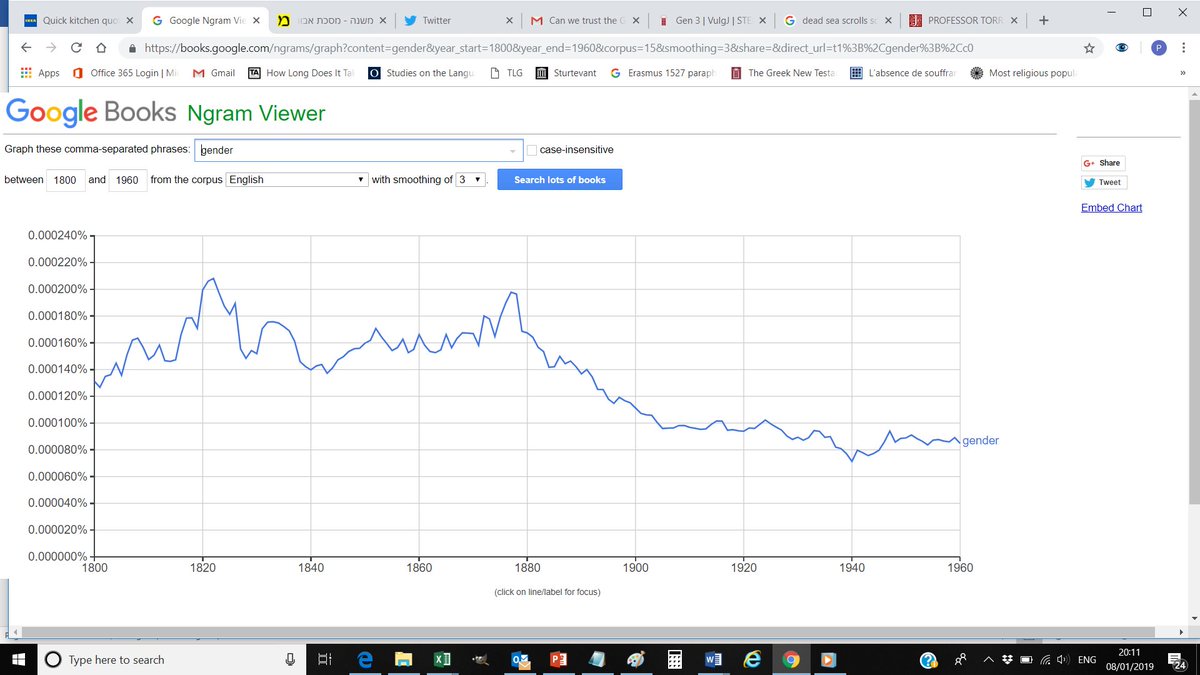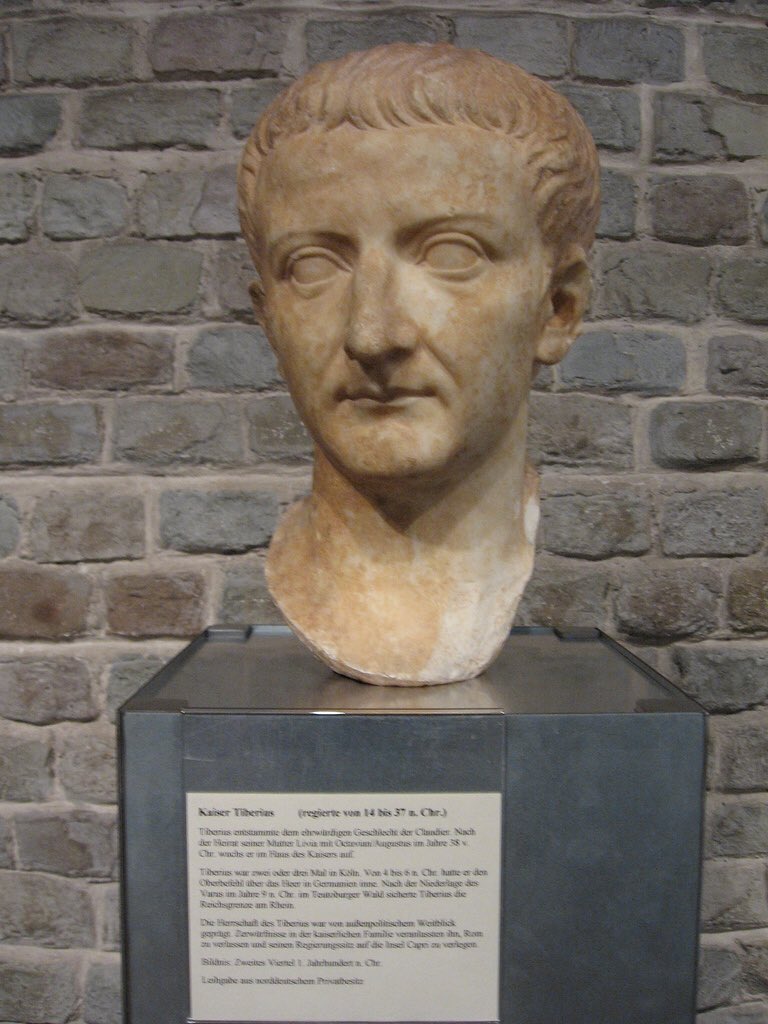Often people simply assume he couldn’t.
Andrew’s parents called their older son Simon, which works equally well in Hebrew or Greek, but when they had another son they gave him a rather rare name which only works in Greek.
Hebrew names can end in any letter.
Greek words and names only end with a vowel or the sound n, s, or occasionally r.
This does not mean that the names Thomas or Bartholomaios or Iakobos are Greek, but it does mean they are presented as ‘nativised’ with Greek terminations.
Contrast Ioseph with Iosepos (Latin Josephus).
Contrast Mariam (Hebrew) with Maria (Greek).
Often Jews adapted OT names to Greek endings.
Even the name Jesus ends with s because of Greek. That's no evidence he could speak Greek as Joshua son of Nun certainly couldn't.
A ruler like Niko-demos (John 3:1).
A beggar like bar-Timaios (Mark 10:46, combining Aramaic bar = 'son of' with a Greek name).
Maybe the beggar's grandparents liked Plato. Who can blame them?
Greek was on coins.
Greek was the main language was the main inscriptional language.
Presumably the main building works in Galilee were not making nice wooden chairs for neighbours, or cottages for cousins, but the massive building works for Herod Antipas (NB a thoroughly Greek name).
Why not involve a local builder?
Romantics love to think of the free (primitive) Hebrew or Aramaic Jesus untouched by cold Greek logic.
Blame Aristotle, Plato, Augustine and Aquinas (the usual suspects) as sources of corruption to Primitive Christianity.
But anyone who's read Mishnah or Talmud will know these sources are full of Greek words.
Every Aramaic dialect from round this period contains numerous Greek words.
But it's so influenced by Greek that the Greek particles de, gar, & oun are fully adopted into the language.
We shouldn't understate the significance of the fact that the Gospels are in Greek.
Jesus uses Aramaic to a 12-year old girl (Mark 5:41), a man who couldn't speak (7:34), & for his last words.
But—
The first 4 beatitudes in Matt 5:3-6 all begin with pi (π).
Blessed are
the poor (ptochoi)
those who mourn (penthountes)
the meek (praeis)
those who hunger (peinontes)
If you like alliteration, here's your justification!
5:8 'Blessed are the pure in heart'
Pure = katharoi (as in cathartic)
Heart = kardia (as in cardiac)
Jesus alliterates kappa alpha in both words.
Thirst = dipsontes
Righteousness = dikaiosunen
Delta-iota alliteration.
The same alliteration is in 5:10 'persecuted for righteousness'
Persecuted = dediogmenoi a form of dioko, beginning with delta-iota.
Jesus alliterated lots.
3rd declension plurals are grouped in beatitudes 2-5.
Beatitudes 2 & 4-7 end with the rhyming sound ontai, which ends a verb.
The final position of these verbs is not compulsory. Contrast object-final v5 with verb final v9.
Have you noticed where the crowds come from?
Matt 4:25: Galilee, *Decapolis*, Jerusalem, Judaea, Transjordan.
Broad Galilean Aramaic wouldn't help the folk from the notoriously Greek Decapolis, would it?
4 beatitudes
4 woes
Beatitudes 1&2 begin with pi.
They are rough equivalents of Matthew's beatitudes 1&4.
Luke famously has 'blessed are the poor' without Matthew's 'in spirit'.
Some clever folk therefore say that Matthew added 'in spirit'.
'But (p) woe to you rich (p) because you have got (p is first consonant) your comfort (p).
Woe 2#:
'Woe to you who are filled (empeplēsmenoi with reduplicated root p) now for you will hunger (p).'
'Woe those who laugh now, because you will mourn (p) and weep.'
Woe #4
'Woe when all (p) people say (1st consonant = p) well of you, for in the same way their fathers (p) did (1st consonant = p) to the false-prophets (p-p).'
Yes, and I see no reason to deny such a Hebrew (or Aramaic) composition.
But clearly our Matthew's gospel precedes Papias.
This is not, of course, to say that he did not teach occasionally or mostly in another language.
If Jesus said this in Aramaic, he used the Greek-origin word Sanhedrin in the sentence.
If he said this in Greek, he still used the Aramaic word raca.
If he spoke Greek, it may still have involved many Semitic words: Corban, Mam(m)on, Raca.
Units of measure could even come from Latin (Mile in Matt 5:41; 'basket'/modius in 5:15).
So when Jesus spoke Aramaic, he may have used Greek particles to connect sentences & Greek theological vocab.
RT if appreciated.
Next up: on the literary relationship between Genesis 1, 2, & 3.
Link distilling evidence of the spread of Greek names among Jews of Palestine.
mosaicmagazine.com/observation/20…














